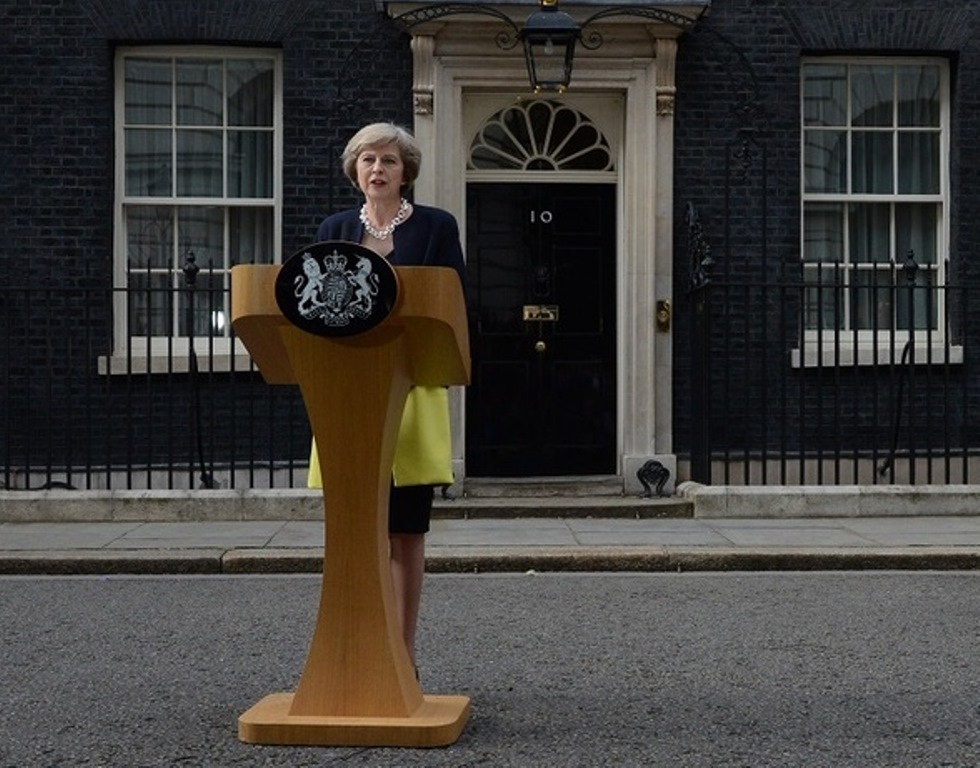Mixed feelings on May’s Brexit plan from freight and parcel groups
28 / 06 / 2017

The UK’s Freight Transport Association (FTA) has welcomed prime minister Theresa May’s vision for "tariff-free and frictionless trade" with the European Union (EU) after the country leaves the trade-bloc.
Earlier today the prime minister outlined her plans to leave the European single market but said the UK would push for "the freest possible trade" with the EU and other countries.
She said the UK would aim to negotiate tariff free trade with the EU, arrange new trade agreements with countries outside of the EU, create a Customs agreement with the EU and maintain the common travel area between the UK and the Republic of Ireland.
The FTA said May’s statement allowed the association to identify where the new ‘friction points’ in international trade could occur and work with the government to negotiate the best possible outcome for UK businesses.
"A truly global Britain, trading effectively with all nations, is something FTA welcomes, and the association urges the government to progress bold and ambitious free trade agreements with key trading partners around the world as quickly as possible to ensure seamless business relationships can continue," it said.
"The Prime Minister’s commitment to maintain the common travel area in Ireland is welcomed by FTA as this is one of the key issues of concern to its members."
Meanwhile, parcel broker Fastlane International has welcomed Prime Minister Teresa May’s plans for a ‘bold and ambitious’ Free Trade Agreement with the EU.
But the London-based shipping firm warns that her declared aim of abandoning the EU Common External Tariff will cost UK exporters £44bn and lead to excessive delays and red tape for shipments at EU borders.
Fastlane head of consumer research David Jinks said: "Moving outside the EU’s Common External Tariff would mean the need to set our own tariff rates.
"That entails setting our own duties on 19,000 individual tariff codes across a huge variety of items – a move undoubtedly leading to increased border delays and red tape for British importers and exporters, and EU businesses looking to trade with the UK.
"It’s a frightening scenario that could result in an increase in the cost of imports of around 20%; £44bn on current UK business exports to the EU of around £220bn."
Fastlane argues the Common External Tariff is largely a way of coding items so that there are not different rates of taxes to pay on the same item in different countries.














